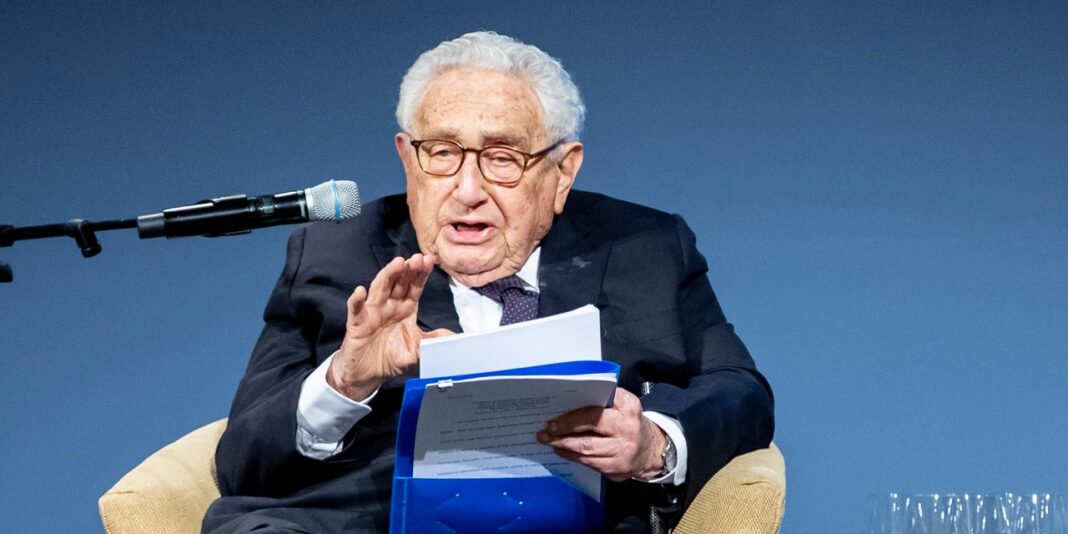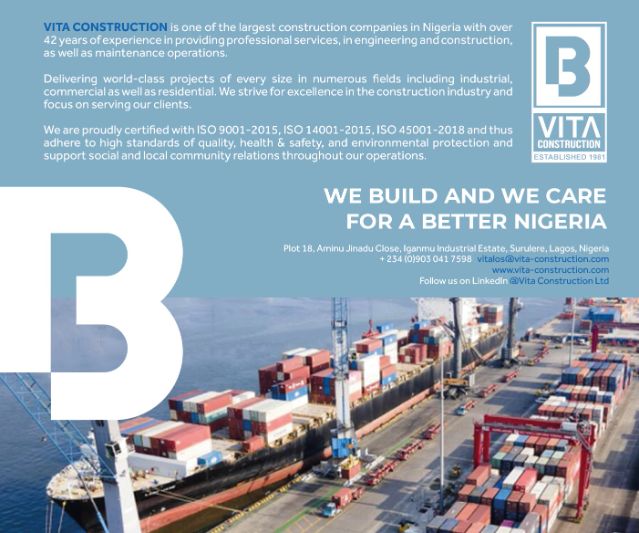Although only a week stands between today and Nigeria’s presidential election, that country looks like it is heading faster toward social unrest amidst economic breakdown than it is toward electing a new president. The international community should keep a watchful eye on Africa’s largest nation. It is like powder keg rolling closely to a bonfire. Chained as they are to the rolling barrel, democracy and the financial liberty of the individual are in sheer jeopardy.
The West African neighborhood has always been a tough one. Democracy and economic growth are said to be welcomed there. But neither is allowed to take up homestead for long. The minute they seem poised to establish residence some strongman with a gun and a uniform sends them packing.
Guinea and Mali have recently experienced coups where younger, ostensibly left-leaning elements in the military have ousted sclerotic conservative leaders. The Nigerian dilemma cuts in a contrary, more complex way.
In Nigeria, a highly conservative, even reactionary putsch is underway. The underlying purpose appears to prevent a left-leaning, populist candidate from winning the election. What makes this situation supremely exotic is that the target of the intrigue is none other than the candidate of the incumbent party, former Lagos governor Tinubu. In a place like Nigeria, the scion of the incumbent party should have an easy time of it. Not this time or this man. He is embattled and besieged on all sides. Every inch he has gained, has been hard earned.
Accurate polling I saw last month, placed governor Tinubu in a comfortable lead despite forces arrayed against him. However, it is hard to discern the electoral consequence of the financial quake caused by the Nigerian central bank’s demonetization policy. In one fell swoop, the monetary authority erased roughly 70% of cash from an economy deeply reliant on cash. Havoc ensued. A prominent Nigerian economist with close ties to the establishment warned the economy might shrink by 5% because of this policy. This is likely an understatement. The true economic fall may enter double digits.
That Nigeria surges toward a cashless society with such driving force has no precedent and bears little logic. Nigeria models itself after the UK and US in most important things. Neither has such stringent policy. What both have are heavily banked populations. Over 90% of adults in both nations have bank accounts. In Nigeria, the number is less than 50 %. Inaugurating a cashless society where most people are unbanked invites disaster to sit as a welcomed guest at one’s table.
Such an eruptive decision naturally prompts questions of incompetence. But this is not such a matter. This is an all-out, yet subterranean war for economic and political control. A group of retired old generals and their underlings have been running Nigeria the past 50 years. They do not want to relinquish the considerable power they wield. Holding power for so long, they see power not as something they hold as a trustee for the national good. They see it as a personal belonging for them to use and to dictate to the nation as they deem fit.
Though an established politician, Tinubu is the most left-leaning, progressive candidate Nigeria has seen since restoring democratic government in 1999. He is a big threat to the old garrison, an irksome puppy to be put down before he turns into a mad dog that will surely bite them where it hurts. Thus, the old generals have tossed aside their canes and wheelchairs to gather once more to engineer perhaps their final overthrow. But this time it is not only the demise of a political enemy they want. They seek to crash the democratic system beginning to take root in Nigeria. Talk of an interim government and postponed elections fill the air. In spirit, these generals seek to replicate for Tinubu the fate of hapless left and progressive candidates in Latin America, especially in places like Chile, Argentina and Brazil in the 1970s and 80s.
Consorting with the old guard, is the conservative elite in the financial sector. They fear Tinubu’s egalitarianism and the progressive lean of his economics. To stop him, this experiment in scorched-earth monetarism was launched.
What has happened is new to Nigeria but not unique in the world. With a left-leaning politician threatening to break through for the first time, the reactionaries in politics, power and the financial sector have united to rebuff the threat and consolidate power. To accomplish this goal, they laid siege on an entire economy.
Now the nation is a mix of anger and gnawing hunger. Gratuitous suffering has been meted to the poor and innocent. The damage felt may be just a foretaste of the wreckage yet to come.
This is why I believe the world should watch. I am not much of a fan of progressive politicians and their economics. The elite world suits me fine. However, I think the reactionary group has greatly overreacted. They believe they can control everyone and everything to the point that things can never get beyond their control. They are afflicted with hubris. People with this sense of omnipotence are dangerous in leadership. Experience has taught me an expensive lesson that I will now give you for free. Although I detest the left, I would gladly take an intelligent leftist leader over a rightwing mediocrity any day.











